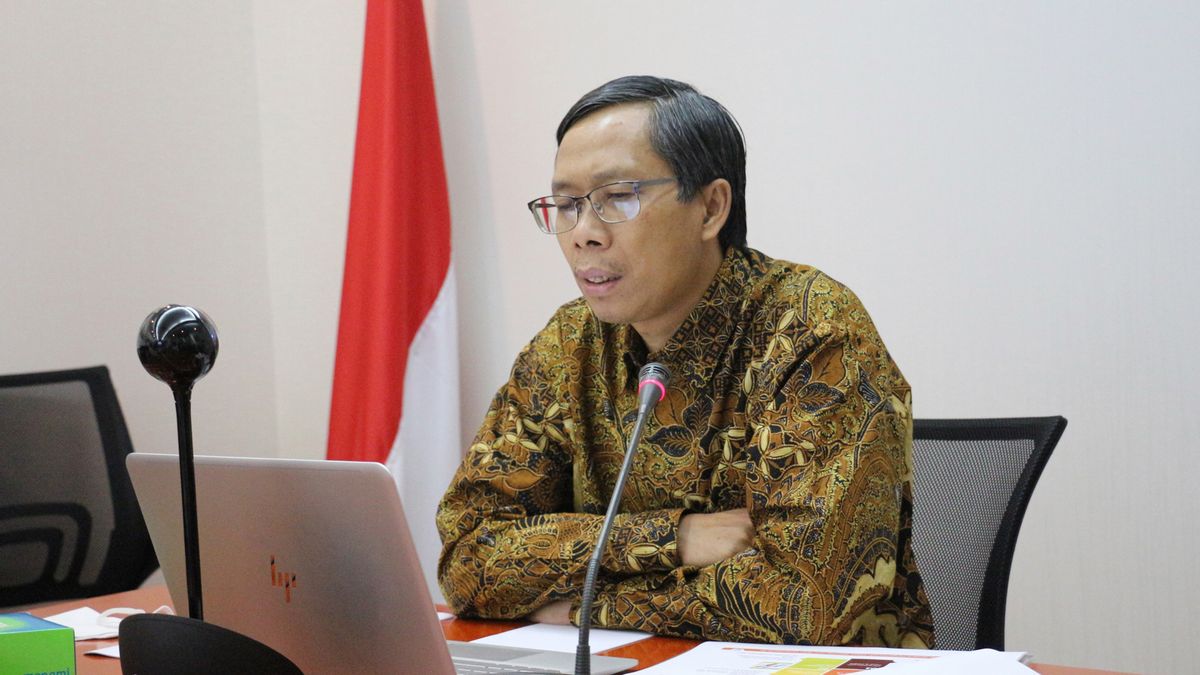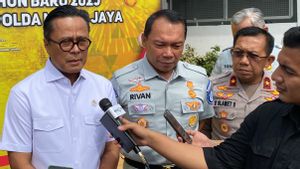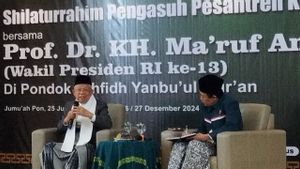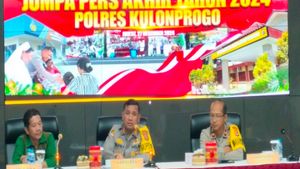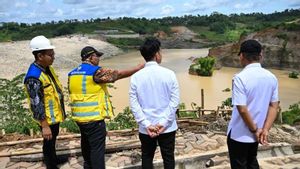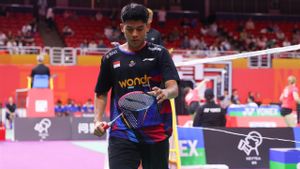JAKARTA - Head of the Trade Policy Agency (BKP) of the Kasan Trade Ministry emphasized the need for efforts to share perceptions with stakeholders to prevent and recover serious losses from domestic industry players, especially the Textile and Textile Products (TPT) sector.
"We continue to conduct workshops and exchange information on trade policies to prevent losses experienced by the domestic textile industry. In addition, we also update information regarding the condition of TPT sector business actors and trade remedies investigation procedures," Kasan explained, in an official statement, quoted on Sunday, November 27.
Kasan said that the trade remedies policy would certainly have a positive and negative impact on several parties. As mandated by the president in Law Number 7 of 1994 concerning Ratification of Approval for the Establishment of the Formation of the World Trade Organization, Indonesia has always tried to uphold the main principles contained in the 1947 General Agreement on Tariff and Trade (GATT).
Furthermore, to realize guarantees that trade between countries can run well, GATT stipulates provisions to encourage trade activities based on honest competitiveness principles, and rejects several practices, such as dumping and subsidies for export products (unfair trade).
Kasan said the Ministry of Trade had also formed a National Interest Advisory Team (PKN) in accordance with the Decree of the Minister of Trade Number 565/M-DAG/KEP/3/2017 concerning the Establishment of a National Interest Advisory Team regarding the Recommendation of the Indonesian Anti-Domping Committee and the Indonesian Trade Security Committee.
"The national interest in question is not only to consider the existence of an industry in the country as the party who is directly harmed by the practices that are not allowed," he said.
However, Kasan continued, he also considered the interests of developing the national industry, national food price resilience and stability, decreasing market share, employment, fiscal interests and so on.
Kasan said that this effort to discuss national interests is a form of government efforts to balance the positive and negative impacts of determining a trade remedies policy.
This is expected to contribute to the realization of sustainable, inclusive, and ensuring equitable economic development for all Indonesian people.
Previously, the PKN team chaired by Kasan conducted a survey of three TPT business actors in Central Java, PT. Sri Rejeki Isman (Sritex), PT. Dan Liris, and PT. Prima Sejati Sejahtera (PSS). This is done to expand the use of trade remedies policies to business actors as one of the trading instruments in providing protection against investment and increasing the competitiveness of domestic industries.
"We express our appreciation to the Indonesian Textile Association (API), both Central API and Central Java Province API, Central Java Provincial Industry Service, and all parties who have cooperated in organizing this event," concluded Kasan.
The English, Chinese, Japanese, Arabic, and French versions are automatically generated by the AI. So there may still be inaccuracies in translating, please always see Indonesian as our main language. (system supported by DigitalSiber.id)
